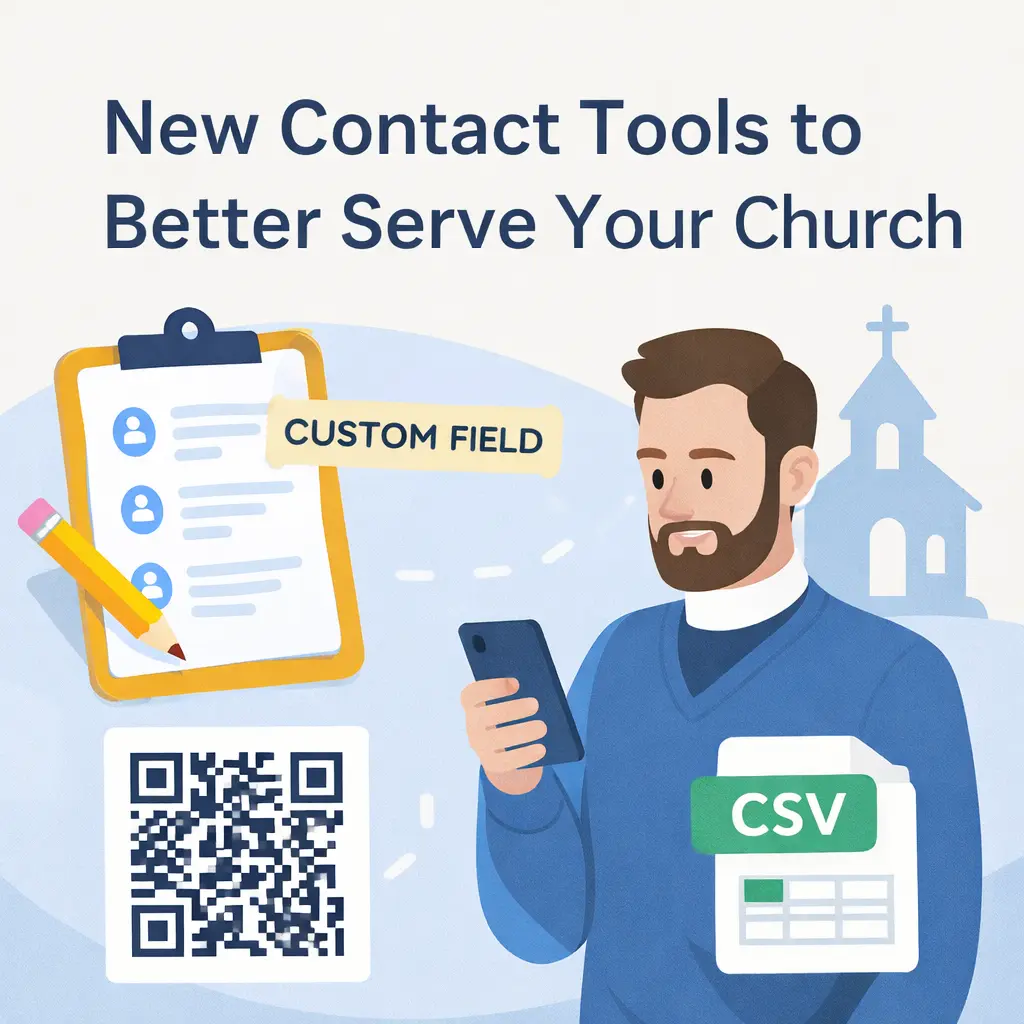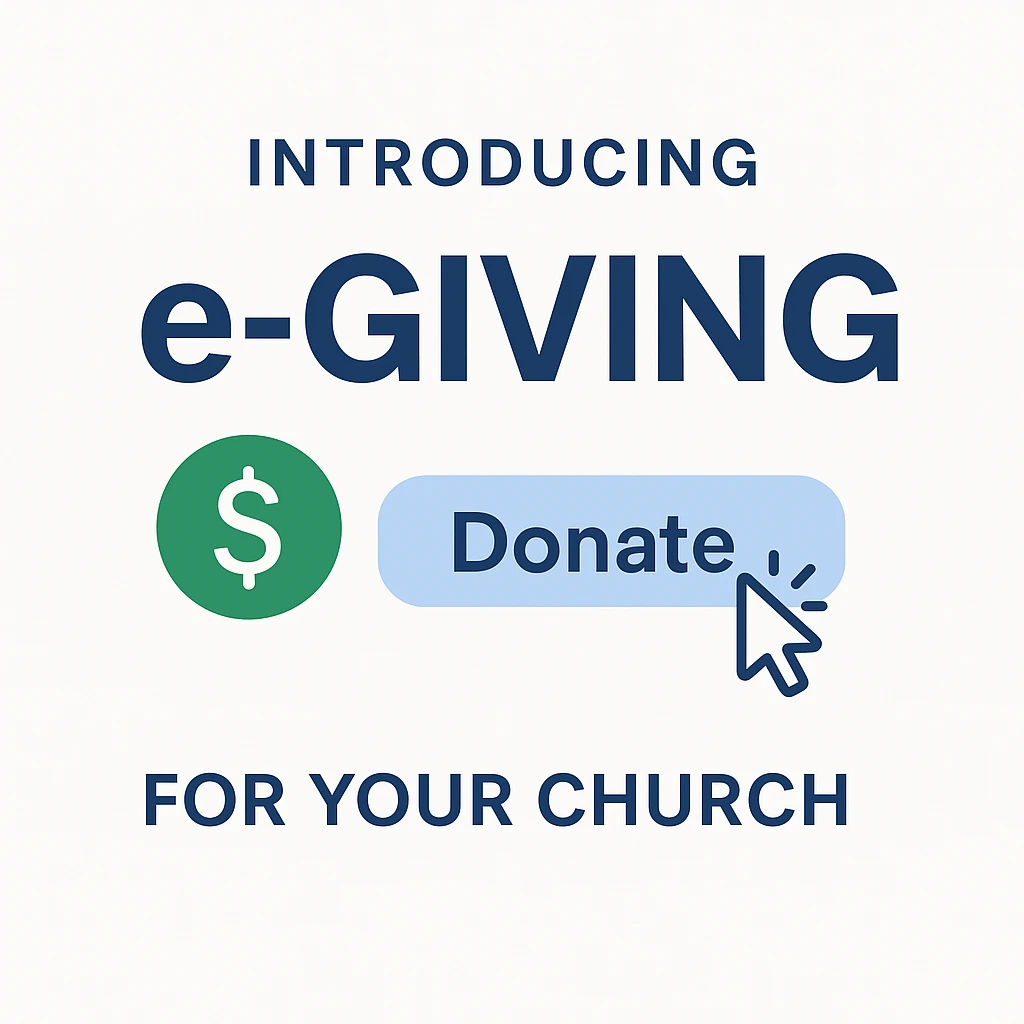Creating A Coaching Program vs A Course: A Comprehensive Analysis For Fitness Coaches
In today's thriving age of digital learning, fitness professionals like you stand at a thrilling crossroads. Picture yourself at the gym, facing two pieces of equipment you've never used. On one side is the intriguing, highly customized machine that promises one-on-one engagement — this is the coaching program. On the other side is the versatile, high-capacity device designed for broader reach — the online course.
As a fitness coach, this decision isn't about choosing one machine over the other; it's about picking the right tool to transform lives, foster growth, and perhaps even redefine your entire approach to your business. It's about asking yourself: Do I want to be the personal trainer, adapting every session to the unique needs of individual clients? Or do I aspire to become the virtual fitness guru, delivering consistent content to a global audience?
In this analysis, we'll embark on an invigorating exploration of both paths, uncovering the unique characteristics, benefits, and challenges of coaching programs versus online courses, with a special spotlight on what it all means for a fitness coach like you!
So grab your protein shake, lace up those training shoes, and let's dive into this dynamic world of opportunities together. Whether you're a seasoned coach looking to expand your reach or an aspiring influencer seeking to make your mark, this journey promises insights, inspiration, and perhaps even a fresh perspective on what it means to educate and empower in the fitness world.
Ready? Let's break a mental sweat!
Coaching Programs: Crafting Journeys, Not Just Plans
A coaching program isn't just about covering a particular subject or hitting academic milestones. It's about designing a personalized pathway for someone to transform from where they are (point A) to where they want to be (point B). It's curriculum-based, yes, but with a soulful touch, aimed at specific outcomes that resonate with each client's unique dreams and aspirations.
Courses Transfer Information; Coaching Programs Foster Transformation:
- Course: Think of a traditional class setting. It's structured, follows a set curriculum, and transfers knowledge. It's about the "what."
- Coaching Program: Now, imagine sitting down with someone, looking into their eyes, and understanding their needs, fears, and goals. You're devising a plan, not just to teach them something but to transform them. It's not just the "what" but the "how" and "why."
How Coaching Programs Go Beyond Courses:
- Personal Touch: It's not just about hitting milestones but crafting a journey that resonates with the client's heart.
- Comprehensive Engagement: The coaching elements are layered, integrated with pre-recorded modules and live one-on-one calls. They can ask questions, seek guidance, and find accountability. It's like having a personal trainer, a nutritionist, and a support group in one package.
- Access to You: When clients invest in a coaching program, they're not just buying information but investing in a relationship with you. Your guidance, wisdom, and encouragement become their compass. It's an intimate connection that standard courses can't replicate.
Coaching programs are about tailoring experiences, focusing not just on information but transformation. They ensure success by standing beside your client every step of the way, adjusting, engaging, and leading with empathy and expertise. If a course is a map, a coaching program is a guided tour full of insights and personal connections.
The Cons of Creating a Coaching Program:
- Time-Consuming: The beauty of customization comes at the cost of time. Crafting unique plans means nights at the laptop, all on other people's schedules.
- Scalability Issues: Want to reach the masses? The intimate nature of one-on-one coaching might limit your growth, hindering how many lives you can impact.
- Lack of Scheduling Flexibility: Coaching programs run on a timetable, locking you in. This structure might be a plus; for others, it might feel restrictive.
Key Components of a Coaching Program:
- A Designed Curriculum: Through SocialGlow's easy setup, you'll craft a curriculum that supports mindset shifts and flexibility, keeping your work dynamic and engaging.
- Accountability and Progress Tracking: Regular check-ins, custom metrics, and tailored evaluations ensure your clients stay committed. It's like a fitness tracker for goals! You'll create unique ways to measure progress tailored to what they're trying to achieve. You can use SocialGlow to help you develop those systems through our gamification features!
- Community Building: Foster a digital community with SocialGlow. It's not just about tracking progress but about nurturing encouragement from peers. Seamless communication means they always feel connected without juggling multiple platforms.
Creating an Online Course
Creating an online course is akin to building a virtual fitness gym, accessible to everyone at any time. This self-paced, self-study experience zeroes in on specific gaps in your client's knowledge or skills. Think of it as a specialized tool rather than a complete makeover. It's about enhancing what's already there, like teaching the proper form for exercises or helping design a meal plan for success. While a coaching program may guide clients through a transformation, an online course offers valuable resources to refine and build upon their foundation. It's a focused, convenient solution that complements their ongoing fitness journey.
When you build an online course, you can reach and impact many people. You can share your knowledge with a vast audience without being physically present.
One of the significant advantages of this approach is the consistency of content. You put it together once, and it's there for everyone, whether early risers or night owls. Plus, with SocialGlow, you can add Courses to any Group you create, so once it's created, all the work is done for you! It's also generally more affordable than one-on-one coaching, making it accessible to a broader audience.
But what often sets online courses apart is their convenience. Your clients can work through your course at their own pace, fitting it around work, family, and life. It's like having a personal trainer on call whenever they need it, without the hefty price tag.
The flexibility of online courses doesn't just benefit the learner; it can make life easier for you too. Since you're not tied down to a schedule, you can focus on other aspects of your business. Plus, once you've created the course, it's out there, doing its thing, helping people without demanding more of your time.
In a nutshell, an online course is a way to share your fitness wisdom with the world without breaking the bank or the clock. It's a gym that never closes, a tool that empowers people to take control of their health, and a business model that offers flexibility for both you and your clients. It's a win-win situation for everyone.
Cons of Creating an Online Course
- Lack of Personalization: Online courses may lack a personal touch, providing a generic experience that doesn't cater to individual needs.
- Limited Engagement: Some clients may feel disconnected or lost as they navigate the online content without direct guidance.
- Quality Control: Continuously updating the content to keep it fresh and relevant can be challenging, similar to managing various aspects of a complex inventory.
Key Components of an Online Course
- Scalability and Standardization: An online course is your way to reach a larger audience with a consistent message.
- Self-Paced Learning: Cater to night owls and early birds alike! Learners choose their pace.
- Assessment and Certification: Quizzes and certificates ensure the learning sticks and give them something to show for their hard work.
Which option should you choose?
When choosing between creating an online course or a coaching program, the decision hinges on the nature of the information you're trying to convey and your clients' needs.
An online course might be ideal for tackling a more minor, specific topic. This could fill a particular gap in your client's knowledge, something they can apply independently with little guidance.
However, a coaching program could be better if you're dealing with complex subjects that require personalized attention, like fitness or nutrition.
In these areas, clients often need hands-on guidance, accountability, and encouragement to succeed. Without continuous support, they might lose motivation or make mistakes.
What's great is that you don't have to limit yourself to one approach. Integrating specific courses within your coaching program can address individual pain points. Or, if you're focused on courses but want to add community engagement, platforms like SocialGlow allow you to foster peer communities.
Your personality and preferences also play a role in the decision. Coaching may be the way to go if you enjoy personal interaction and deep connections with clients. Conversely, online courses could be more appealing if you prefer to share information without extensive one-on-one interaction. Consider what energizes you and aligns with your passion.
SocialGlow allows you to adapt your approach as you grow and learn more about what works best for you and your clients. You can shift between courses and coaching programs as your business evolves, ensuring you never feel stuck or limited. It's all about finding the right balance that allows you to make a meaningful impact on your clients while staying true to yourself.








